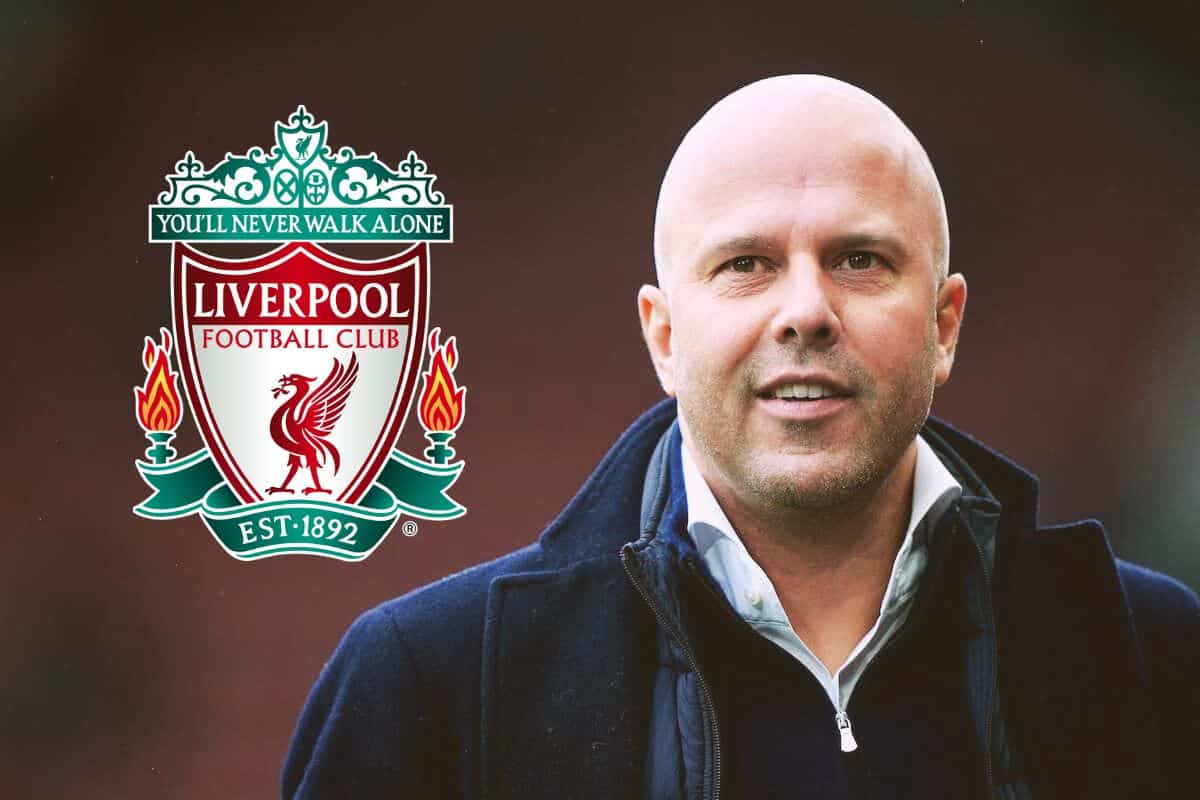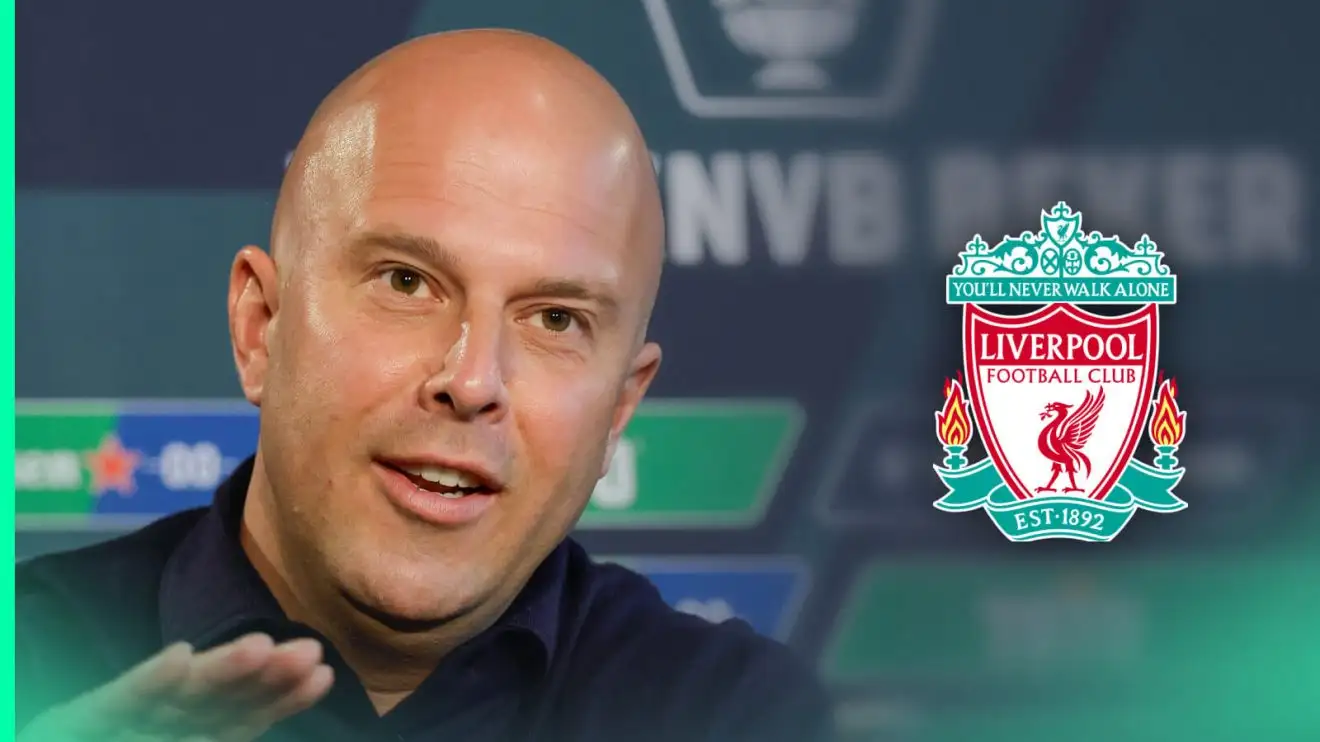New Liverpool manager speculation is reaching fever pitch. The departure of Jürgen Klopp has left a void at Anfield, sparking intense debate about his successor. Potential candidates, each with distinct managerial styles and past achievements, are being meticulously scrutinized. The upcoming transfer window and the team’s tactical approach will be significantly shaped by this crucial appointment, impacting not only the squad’s dynamics but also fan expectations and media narratives.
This analysis delves into the profiles of potential candidates, examining their strengths and weaknesses in relation to Liverpool’s needs. We’ll explore the implications for Liverpool’s transfer strategy, tactical formations, and the overall team dynamics under a new leadership. Furthermore, we’ll gauge fan expectations and media reactions, offering a comprehensive look at the monumental task facing the next manager of this iconic club.
Liverpool’s New Managerial Appointment: A Comprehensive Analysis: New Liverpool Manager
The departure of Jürgen Klopp marks a pivotal moment in Liverpool’s history. The search for his successor is fraught with anticipation and speculation, with several high-profile candidates emerging as potential replacements. This analysis delves into the profiles of potential managers, the implications for Liverpool’s transfer strategy, tactical approaches, squad dynamics, fan expectations, and short-term and long-term goals under the new leadership.
Candidate Profiles
Three prominent candidates stand out: Xavi Hernández, known for his possession-based football; Thomas Tuchel, renowned for his tactical flexibility; and Marcelo Gallardo, celebrated for his attacking, high-pressing style. Each brings a unique managerial approach and a track record of success. A comparison of their strengths and weaknesses is crucial in assessing their suitability for Liverpool.
Jürgen Klopp’s successor will inherit a squad with both established stars and promising youngsters. Their ability to manage the transition, blend experience with youth, and cultivate a winning culture will be paramount. The chosen candidate’s past achievements, particularly in managing squads of similar size and stature, will be a key indicator of their capability.
| Name | Current/Last Club | Managerial Style | Notable Achievements |
|---|---|---|---|
| Xavi Hernández | FC Barcelona | Possession-based, Tiki-Taka | Multiple La Liga titles, Spanish Super Cup |
| Thomas Tuchel | Former Chelsea FC Manager | Tactical flexibility, high-pressing | Champions League title, multiple domestic cup wins |
| Marcelo Gallardo | Former River Plate Manager | Attacking, high-pressing, dynamic | Multiple Copa Libertadores titles, Argentine Primera División titles |
| Mauricio Pochettino | Chelsea FC | High-pressing, possession-based | Multiple domestic cup wins, Champions League final appearance |
| Nagelsmann | Former Bayern Munich Manager | Possession-based, fluid formations | Bundesliga title, German Cup |
Transfer Strategy Implications
The new manager’s arrival will significantly influence Liverpool’s transfer strategy. Their preferred formation and tactical philosophy will dictate the type of players sought after. For instance, a manager favouring a 4-3-3 formation might prioritize wingers and central midfielders with specific skill sets, whereas a 3-5-2 manager may focus on strong centre-backs and box-to-box midfielders.
The potential starting XI under a new manager would depend heavily on their tactical preferences. A possession-based manager might favor technically gifted players, while a high-pressing manager might prioritize players with exceptional stamina and work rate.
A potential starting XI under a high-pressing, possession-based manager could include Alisson in goal; a back four of Robertson, Van Dijk, Konate, and Alexander-Arnold; a midfield three of Mac Allister, Szoboszlai, and Bellingham; and a front three of Salah, Nunez, and Diaz. This lineup balances experience, youth, and tactical versatility.
Tactical Approaches and Formation
Each potential manager has implemented various successful formations throughout their careers. For example, Xavi’s Barcelona employed a classic 4-3-3, while Tuchel has experimented with both 3-4-3 and 4-2-3-1 formations depending on the opponent and squad capabilities. The new manager will need to assess Liverpool’s existing players and adapt their tactical approach accordingly.
Integrating a new tactical philosophy requires a phased approach. The initial phase involves familiarizing players with the new system through training drills and tactical sessions. The second phase would involve implementing the new tactics in friendly matches to assess effectiveness and identify areas for improvement. The final phase involves integrating the new system into competitive matches, making adjustments as needed based on game performance.
Find out further about the benefits of manchester city fixtures that can provide significant benefits.
Squad Dynamics and Player Relationships, New liverpool manager

The new manager’s leadership style will play a crucial role in shaping team morale and cohesion. A supportive and communicative leader can foster a positive team environment, while an autocratic style might create tension and division. Managing potential conflicts requires a fair and consistent approach, ensuring open communication and addressing concerns promptly.
Improving communication and collaboration can be achieved through team-building exercises, regular feedback sessions, and the establishment of clear roles and responsibilities. Encouraging open dialogue and fostering a culture of mutual respect are vital for creating a cohesive and high-performing team.
Fan Expectations and Media Response
The appointment of a new manager at Liverpool always generates immense anticipation and pressure. The media plays a significant role in shaping public perception, with narratives ranging from optimism to skepticism depending on the candidate’s profile and past performance. This media scrutiny can impact team morale and player performance.
- Positive Reactions: Excitement over a new era, hope for renewed success, belief in the manager’s ability to revitalize the team.
- Negative Reactions: Concerns over the manager’s suitability, skepticism about their tactical approach, anxieties about potential underperformance.
- Neutral Reactions: A wait-and-see approach, acknowledging the manager’s credentials while reserving judgment until the season begins.
Short-Term and Long-Term Goals
In the first six months, the new manager’s short-term goals might include stabilizing the team, improving defensive solidity, and securing Champions League qualification. The long-term plan, spanning five years, should encompass rebuilding the squad, establishing a clear playing style, and competing for major trophies consistently.
A five-year plan might involve strategic recruitment focusing on specific positions, youth development initiatives, and a gradual shift towards a more sustainable and holistic approach to player management. Key milestones would include achieving specific league positions, winning domestic cups, and progressing in European competitions. Regular performance reviews and adjustments to the plan would be essential to ensure its effectiveness.
The appointment of Liverpool’s new manager represents more than just a change in personnel; it signifies a pivotal moment in the club’s history. The chosen candidate will inherit a squad brimming with talent but also facing significant challenges. Their ability to navigate the complexities of player relationships, adapt tactical approaches, and manage the intense pressure of Anfield will ultimately determine their success.
The coming months will be crucial in shaping Liverpool’s future trajectory, with the new manager’s leadership setting the tone for years to come.

